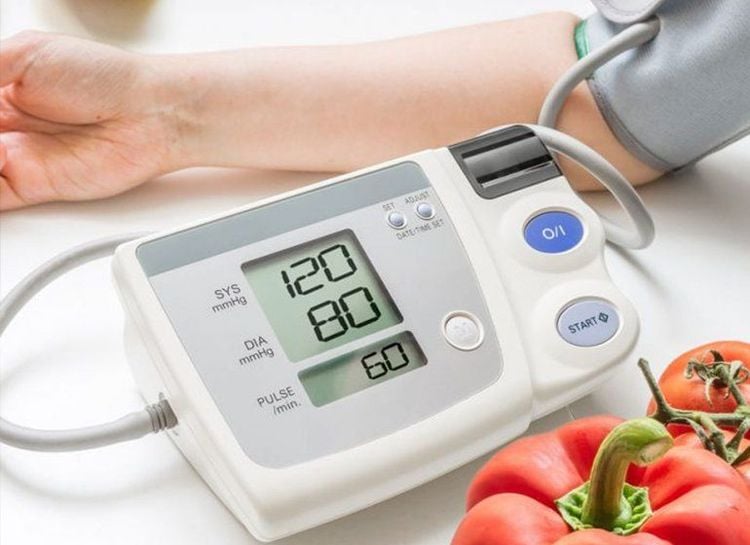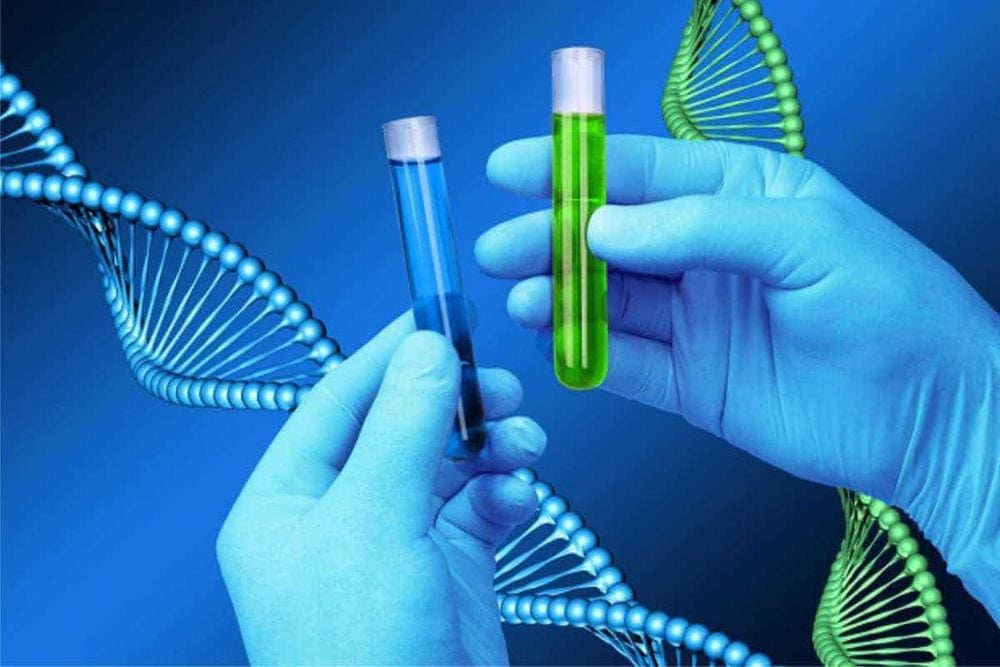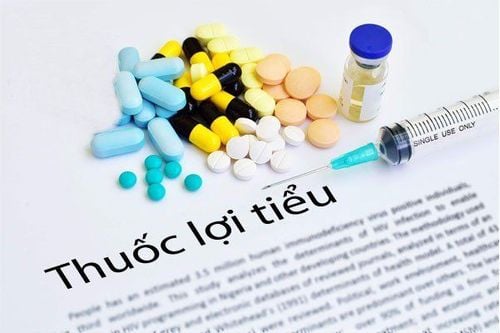This is an automatically translated article.
The article was professionally consulted by Specialist Doctor I Nguyen Hong Phuc - Emergency Resuscitation Department - Vinmec Phu Quoc International General Hospital. The doctor has many years of experience in internal medicine.Currently, the situation of high blood pressure in the elderly is increasing, potentially dangerous for patients. Questions like “Is hypertension hereditary? How to reduce risk factors for disease” is of great interest to many people.
1. Blood pressure and ratings
Blood pressure is understood as the pressure of the blood stream to help carry blood to the body. Blood pressure is formed by the contraction, suction, and push of the heart and the contraction of the vessel walls. Thanks to blood pressure, the process of blood circulation takes place to help the organs in the body receive enough oxygen and nutrients to maintain functioning.1.1 What is hypertension? Usually the blood pressure of an adult is less than 120/80 mmHg. When blood pressure is between 120 and 130/80 - 89, it is considered a "normal - high" blood pressure. If you regularly measure blood pressure readings equal to or higher than 140/90 mmHg, it means you have high blood pressure and should have a plan for monitoring and early treatment ready.
1.2 Is high blood pressure dangerous? High blood pressure is said to be a "silent killer" because: It has no symptoms. In fact, many people have high blood pressure for many years without even knowing it, high blood pressure develops silently, affecting many organs in the body in many ways. By the time the patient is aware, he or she is already suffering from life-threatening complications or bearing the burden of disability. The only way to tell if you have high blood pressure is to measure your blood pressure.
Currently high blood pressure is a very common problem in the community. The rate of people with high blood pressure is increasing, and the age of new cases is also getting younger. According to the World Health Organization (WHO), it is expected that by 2025, an estimated 1.56 billion people will have high blood pressure worldwide.

2. What causes high blood pressure?
High blood pressure has no obvious cause, symptoms. Several factors increase the risk of developing high blood pressure, including: Modified and non-modifiable risk factors.
2.1 Risk factors that can regulate hypertension 2.1.1 Unbalanced diet Overeating causes obesity, overweight. Consume a lot of salt in your diet.
2.1.2 Unhealthy living habits Smoking causes vasoconstriction and increases atherosclerosis, drinking alcohol causes a sudden increase in blood pressure. In addition, being inactive or being stressed, excessive stress are also causes of high blood pressure.
2.1.3 Have kidney diseases Have kidney, endocrine, vascular and heart diseases; pregnancy toxicity, inappropriate drug use..
2.2 Unmodifiable risk factors for hypertension The above factors can be adjusted by patients to prevent and reduce hypertension. However, there is still a group of risk factors that we cannot change, including:
2.2.1 Race African-Americans have a greater risk of developing high blood pressure and getting the disease at a younger age. This is because some genetic studies have shown that African Americans are more sensitive to table salt. In addition, diet and being overweight also play a certain role in the development of hypertension.
2.2.2 Elderly Hypertension is very common in the elderly. With age, the rate of hypertension increases due to aging and atherosclerosis, reduced elasticity.
2.2.3 Gender Under the age of 45, high blood pressure is higher in men than in women. From 45 years of age and older, the incidence rate will be similar between the sexes. By the age of 65 or older, women are more affected than men. Today, with changes in diet and lifestyle, hypertension is also becoming more common in children and adolescents. Among young people, boys are also at higher risk of developing high blood pressure than girls.
2.2.4 Genetics A lot of people wonder if high blood pressure is hereditary? In fact, according to the statistics of many studies, hypertension can have a genetic factor. If in the family there is a grandfather, grandmother, father or mother with high blood pressure, the children are also at high risk of developing the disease. Therefore, people with a family history of hypertension should try to eliminate and minimize the risk factors for hypertension, thereby preventing hypertension.

3. Methods to prevent and minimize high blood pressure
The best way to prevent and reduce the risk of high blood pressure is to focus on modifiable risk factors.3.1 Diet Increase your intake of fruits, vegetables, high-fiber cereals, and low-fat foods and cut down on salt as much as possible, if possible. A reasonable diet will help you control your weight and limit the risk of high blood pressure caused by being overweight.
3.2 Exercise regimen On average, we should spend about 150 minutes a week to exercise will help improve blood pressure significantly. Exercises can be as simple as brisk walking, gardening, yoga, cycling or aerobic exercises..depending on individual preferences and fitness ability. Regular exercise also helps you reduce your risk of obesity, which is an important factor in high blood pressure.
3.3 Give up unhealthy habits Quitting smoking, limiting excessive alcohol intake will reduce the burden on the heart, thereby reducing the risk of hypertension.
3.4 Manage stress, prolonged stress, depression will stimulate the sympathetic nervous responses of the body, increase the secretion of adrenaline and increase the risk of cardiovascular complications in hypertensive patients pressure. Therefore, to reduce the risk of disease, you should arrange work and relaxation so that your life is at the most balanced level.
4. Examination and treatment of blood pressure and heart disease at a prestigious address
High blood pressure is a long-term medical condition, containing many dangerous complications that can affect the patient's life. Therefore, patients should be conscious of going to reputable and leading facilities for regular examination and follow-up.Cardiovascular Center of Vinmec Hospital is one of the leading centers of Vinmec International General Hospital. The expert team of Cardiology Center includes: Professor, Doctor, Specialist 2, Master with experience, great reputation in the field of medical treatment, surgery, interventional cardiac catheterization and application of advanced techniques in the diagnosis and treatment of cardiovascular diseases.
In particular, the Center has modern equipment, on par with the most prestigious hospitals in the world. In addition, the center has a comprehensive cooperation program with Cardiology Institute - Bach Mai Hospital, Cardiology Department of Hanoi Medical University, Paris Decartes University - Georges Pompidou Hospital (France), University of Pennsylvania (USA) kỲ) ... will closely monitor to help patients overcome and treat hypertension in the best way.
Please dial HOTLINE for more information or register for an appointment HERE. Download MyVinmec app to make appointments faster and to manage your bookings easily.
The article references the source: Vietnam Cardiology Association













